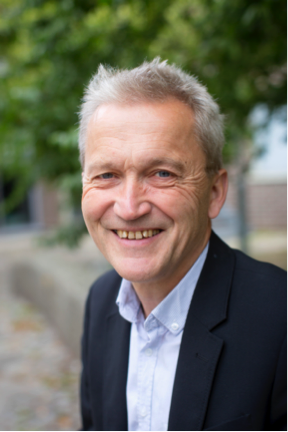Research interests
Mast cells – protective or detrimental?
Mast cells are traditionally thought of as being the main cause of the symptoms associated with allergic reactions, including allergic asthma. When mast cells become activated they may respond by degranulation, which is associated with the release of a panel of inflammatory substances, and it is these substances that cause the typical allergic symptoms. Although mast cells certainly are main players in allergy, more recent research has revealed that they cause damage also in a large panel of other diseases, including arthritis, multiple sclerosis, cancer and atherosclerosis. On the other side, it has been discovered that mast cells in addition possess a number of beneficial functions, including a role in host defense towards bacteria, parasites and even snake venom. In this research group we are studying the biological function of mast cells. In particular, we are studying the mechanisms by which mast cells contribute to various pathological conditions and how they contribute to host defense. We also study the mechanisms behind formation of the mast cell secretory granules as well as the function of individual granule compounds, in particular the mast cell proteases and proteoglycans. Moreover, our research aims at identifying novel ways to target the detrimental activities of mast cells.
Group members
Fabio Rabelo Melo, PhD, Researcher
Mirjana Grujic, PhD, Research Engineer
Ann-Marie Gustafson, Research Engineer
Sebastin Santosh Martin, PhD, Post doc
Carl-Fredrik Johnzon, PhD student
Aida Paivandy, PhD student
Abdul Alim, PhD student
Christopher von Beek, student
Sultan Alanazi, PhD student
